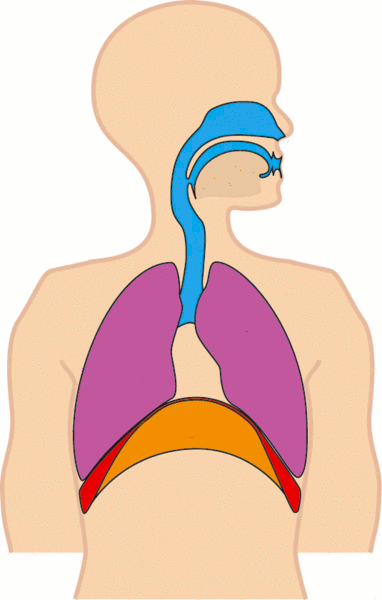For example, while focusing on the breath is a widely used technique, researchers found differences between meditators who focused on the breath in the belly and those who focused on the breath at their nostrils -- both traditional techniques used in different schools.
"We found that when students focused on the breath in the belly their descriptions of experience focused on attention to specific somatic areas and body sensations," the researchers wrote in their conference abstract. "When students described practice experiences related to a focus on the nose during meditation, they tended to describe a quality of mind, specifically how their attention 'felt' when they sensed it."
Catherine Kerr, assistant professor (research) of family medicine and director of translational neuroscience in Brown's Contemplative Studies Initiative and one of the researchers, said researchers would expect to find that the belly-focused group would have more "ongoing, resting-state functional connectivity ... across different parts of a large brain region called the insula that encodes visceral, somatic sensations and also provides a readout of the emotional aspects of so-called 'gut feelings'."
Which would mean less emotional reactivity.
That seems to be the finding of a team of researchers led by Kathleen Garrison at Yale University, which included Kerr other Brown researchers, which worked with experienced meditators to correlate the mental states they described during mindfulness with simultaneous activity in the posterior cingulate cortex (PCC), part of the limbic area of the brain that's been linked to pain and episodic memory.
When meditators reported feelings of "effortless doing" and "undistracted awareness" during their meditation, their PCC showed little activity, they found, but when meditators reported feeling distracted and having to work at mindfulness, their PCC was significantly more active. When they were given the chance to observe their brain scans as they took place, some meditators were able to control activity in the PCC.
"You can observe both of these phenomena together and discover how they are co-determining one another," researcher Juan Santoyo said. "Within 10 one-minute session they were able to develop certain strategies to evoke a certain experience and use it to drive the signal."That's not surprising. Experienced meditators know that noticing distraction, letting it go, and returning to the focus can stop a train of thought that's picking up speed. The scans just provide a more-subtle clue to when that's starting to happen.





